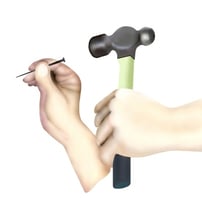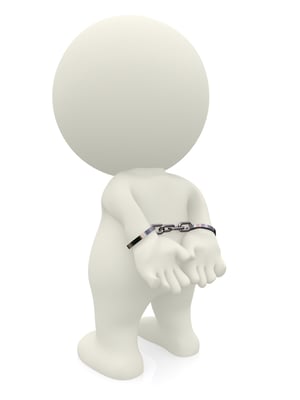Until a foreclosure takes place you have the right to live in your home. Sometimes you can even remain in the home for a period of time after the foreclosure auction if your state has a post-sale redemption period. Until you are evicted you should continue to maintain your home. Read on for a few reasons why.
Your Mortgage Documents State You Have To Maintain the Home
 In the mortgage documents that you signed when you first applied for your home loan, it is likely that there was an agreement to protect the lender's “security interest”. The lender's security interest is the home, and protecting that interest means to not impair the lender's ability to sell the home at full value. Damaging your home would breach this contract which prevents you from decreasing the home's auction value.
In the mortgage documents that you signed when you first applied for your home loan, it is likely that there was an agreement to protect the lender's “security interest”. The lender's security interest is the home, and protecting that interest means to not impair the lender's ability to sell the home at full value. Damaging your home would breach this contract which prevents you from decreasing the home's auction value.
You Could Lose a Cash-For-Keys Opportunity
 Cash-for-keys is a commonly known deal made between lenders and homeowners. The deal is that the lender agrees to pay the homeowner anywhere from a few hundred to one thousand dollars to leave the property voluntarily. If the homeowner accepts the deal, the lender will stipulate a move-out date and after an inspection of the vacant home is completed the lender will give you the money.
Cash-for-keys is a commonly known deal made between lenders and homeowners. The deal is that the lender agrees to pay the homeowner anywhere from a few hundred to one thousand dollars to leave the property voluntarily. If the homeowner accepts the deal, the lender will stipulate a move-out date and after an inspection of the vacant home is completed the lender will give you the money.
You Could Avoid a Deficiency Judgment
If the home does not sell for the full price of the debt the bank can require you to pay the deficiency amount. The bank has the right to do this by garnishing your wages and levying your bank account. Certain states allow deficiency judgments while others do not. If you live in a state that allows deficiency judgments, any damage that you inflict on the home could come back to you by way of a huge deficiency judgment.
If you maintain the home until you are evicted the home is more likely to sell at a high enough price to pay off your debt.
You Could Face Criminal Charges
If you damage the home by way of theft, arson or vandalism the district attorney can file criminal charges against you.
You Could Be Personally Sued
The lender can sue you personally for inflicting damage on the home, especially if the foreclosure contract prohibits it.
In short, you are still responsible for your home during the foreclosure process. You have an obligation to maintain the property for as long as you still own the house.










